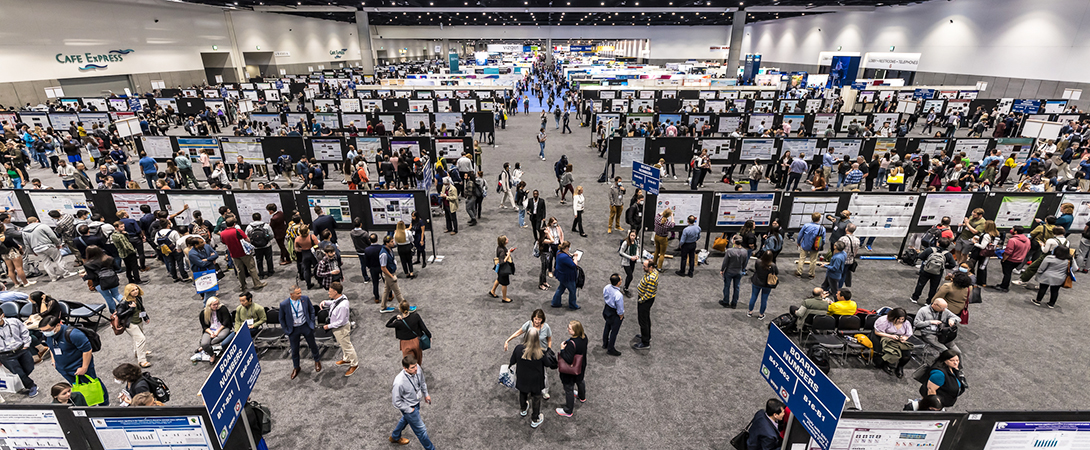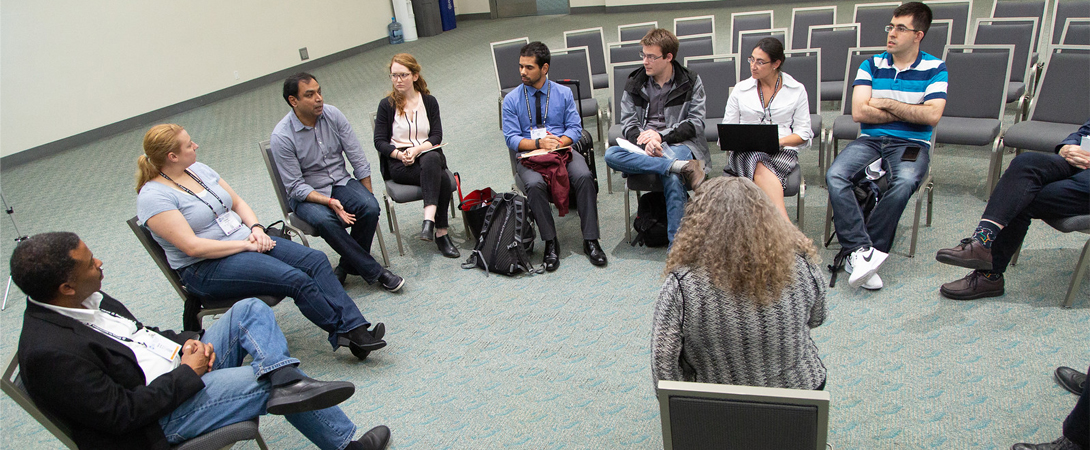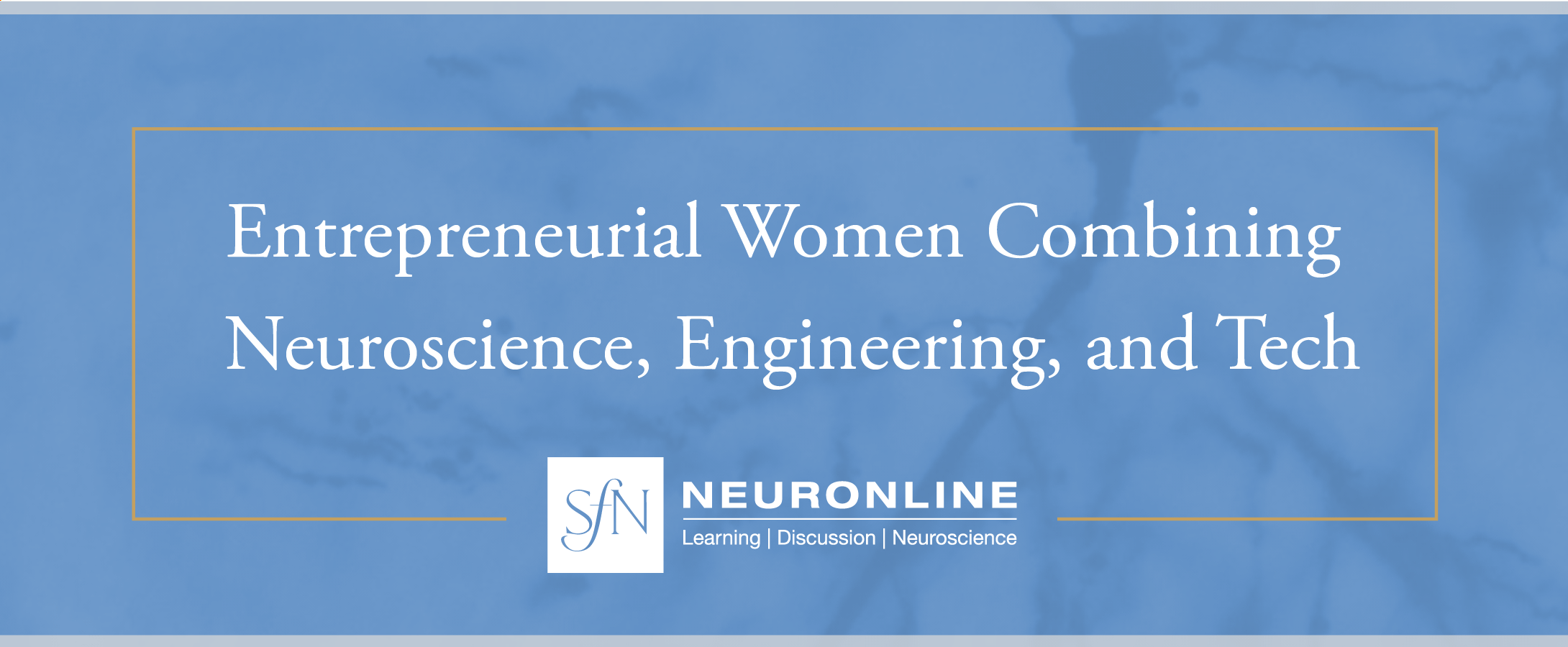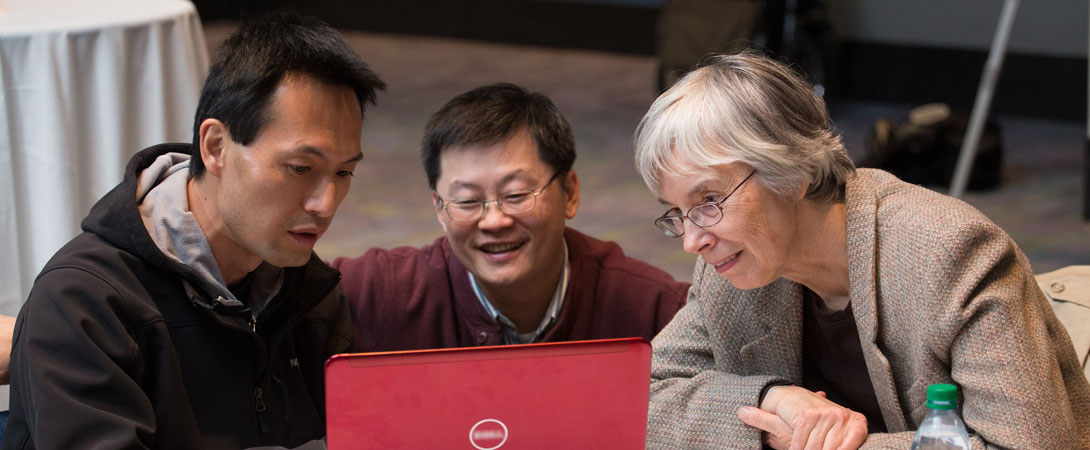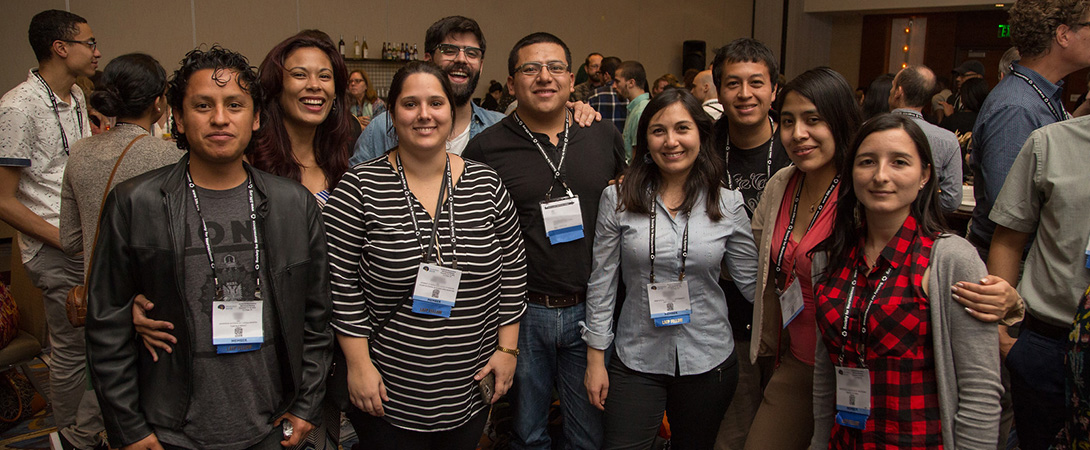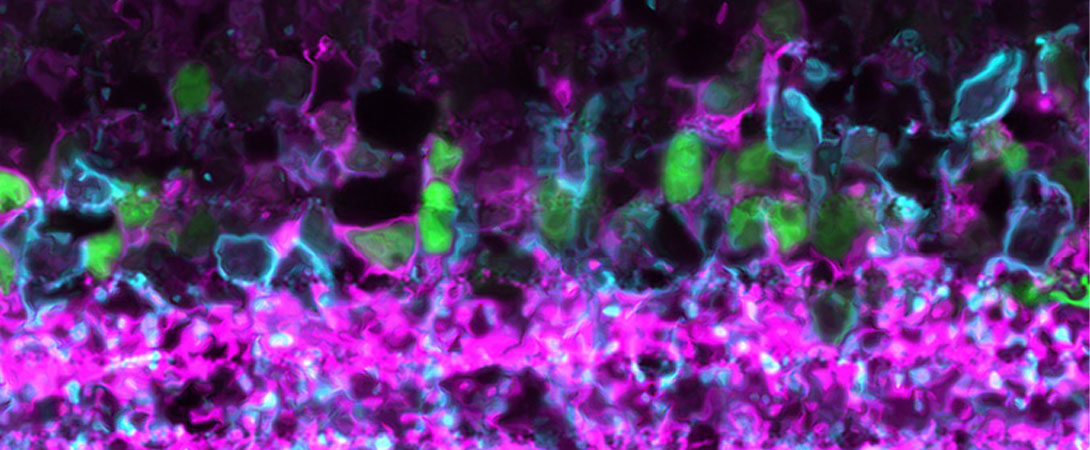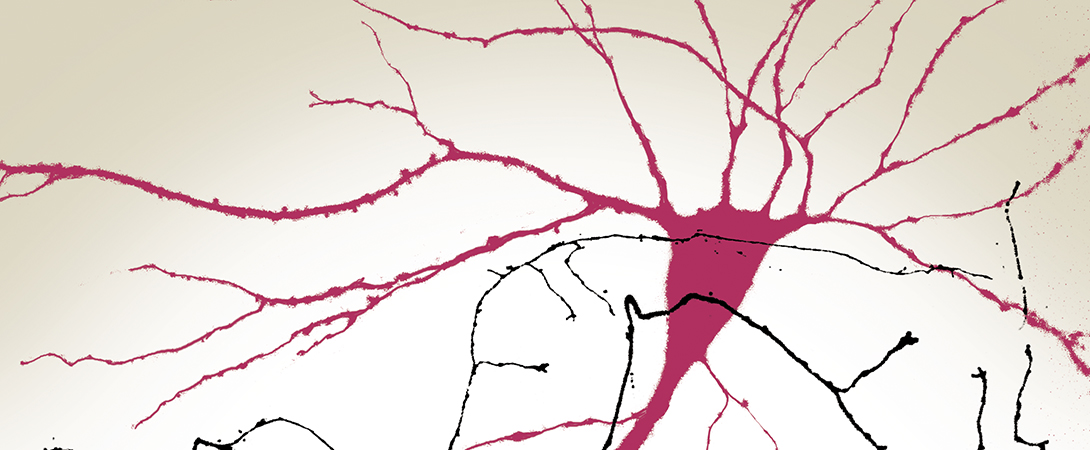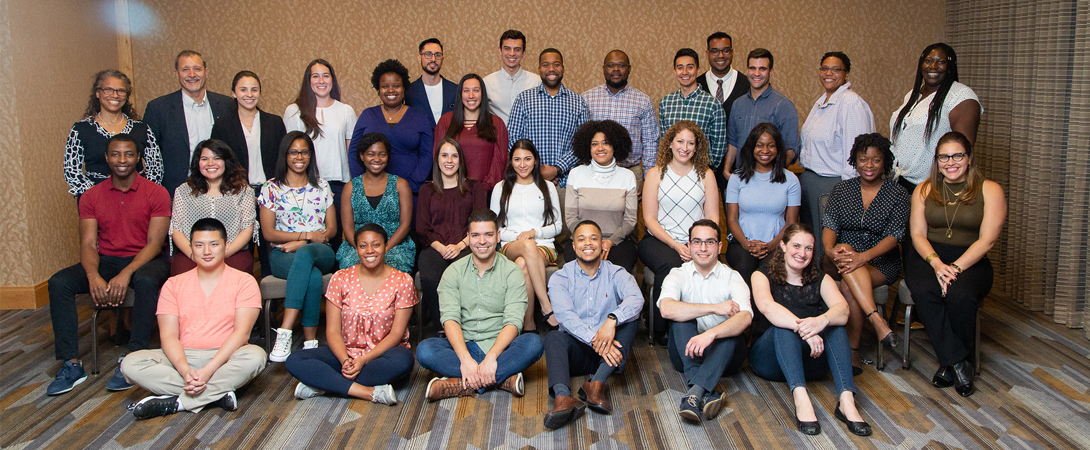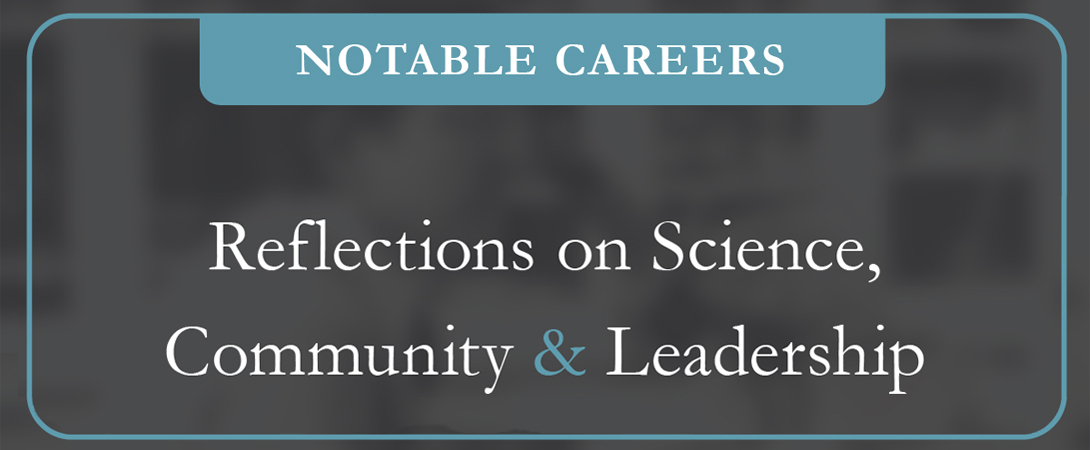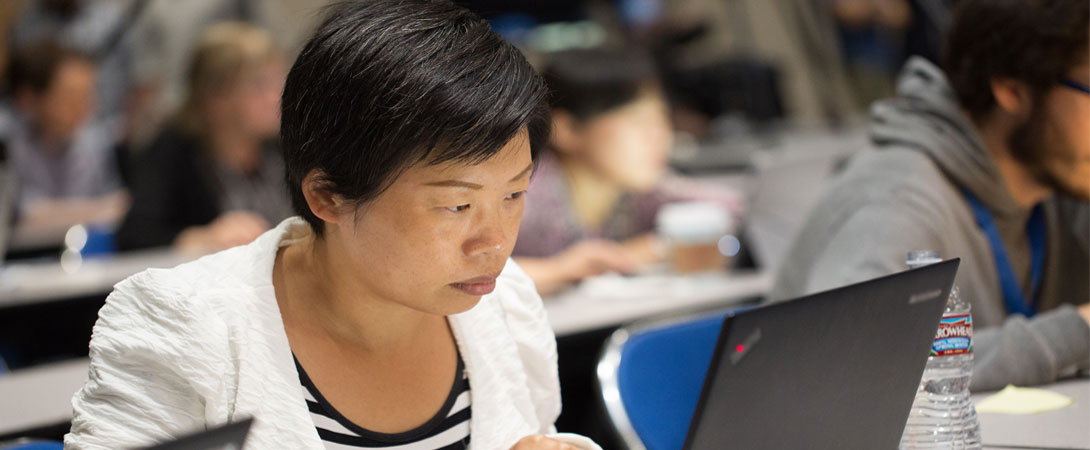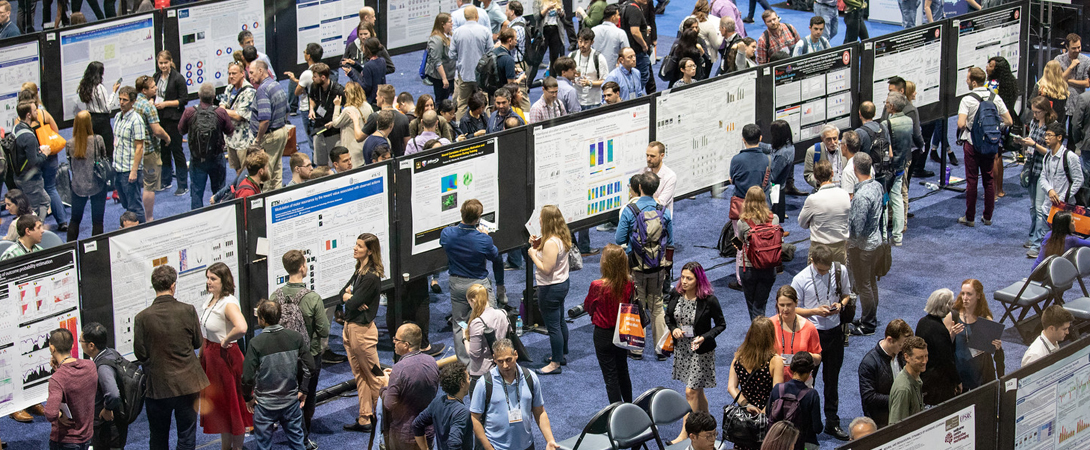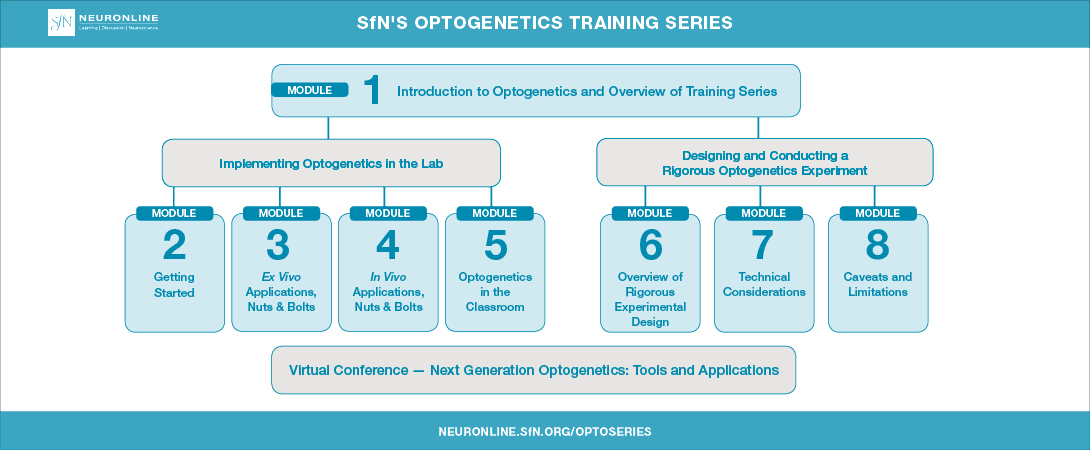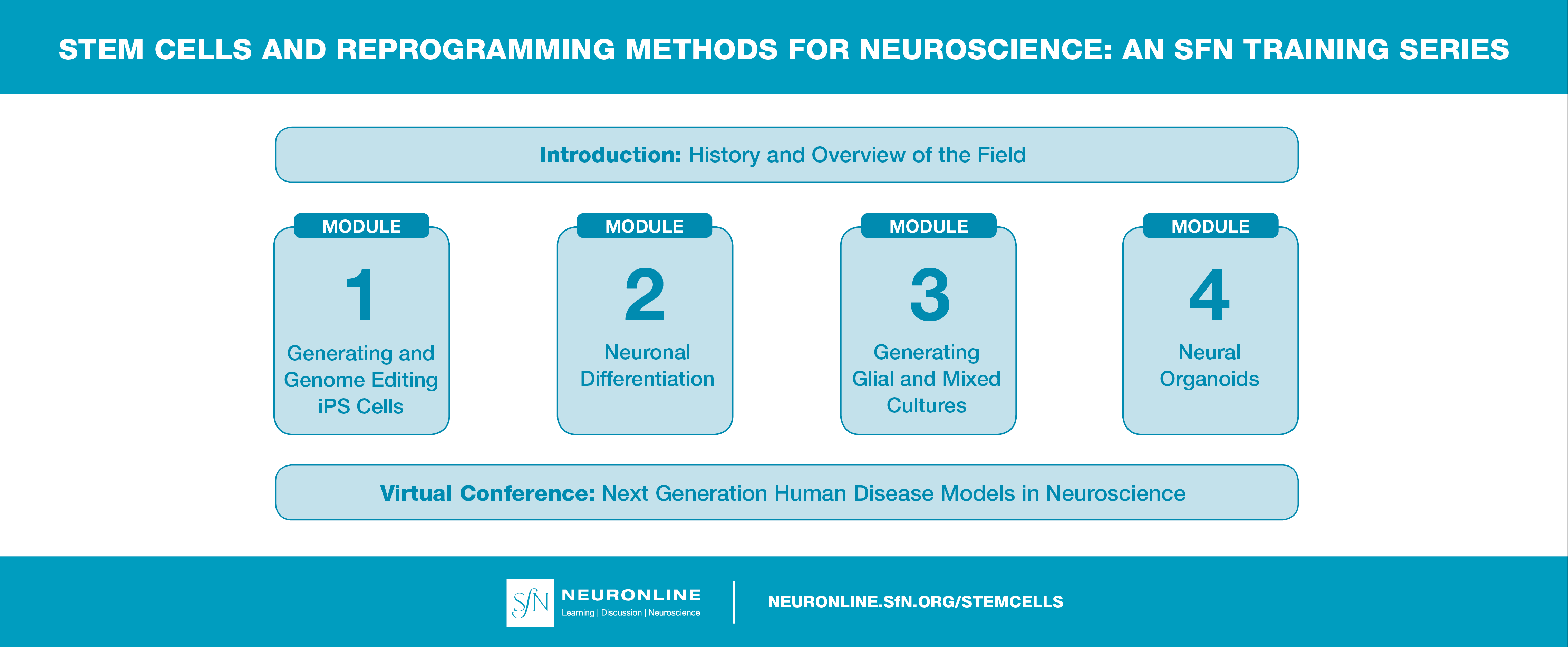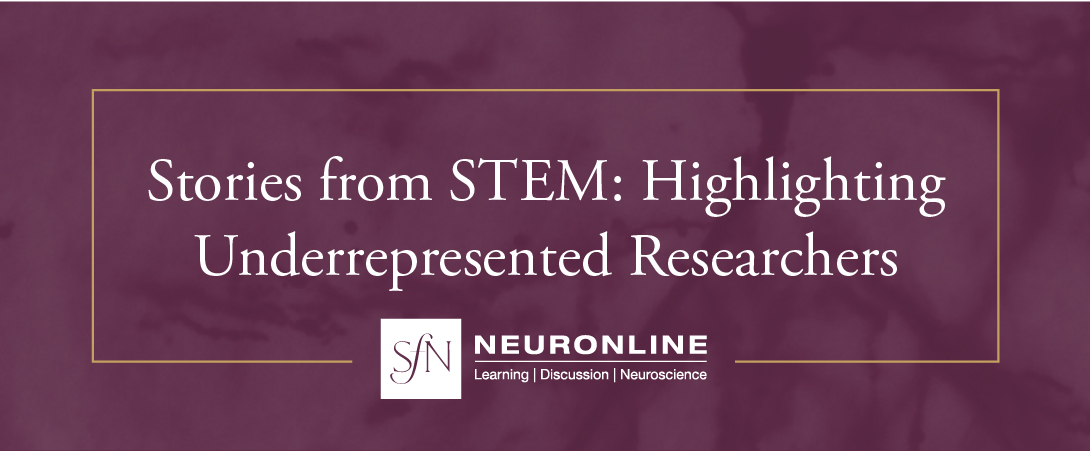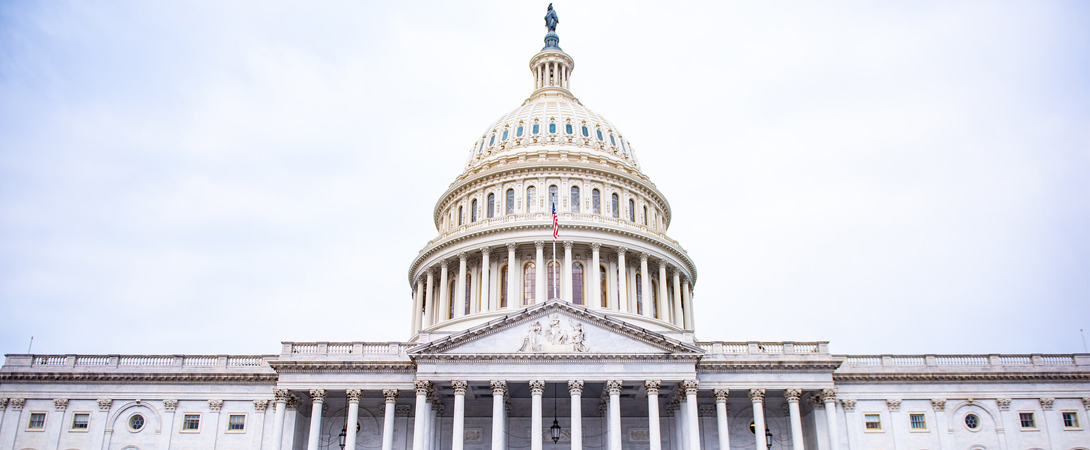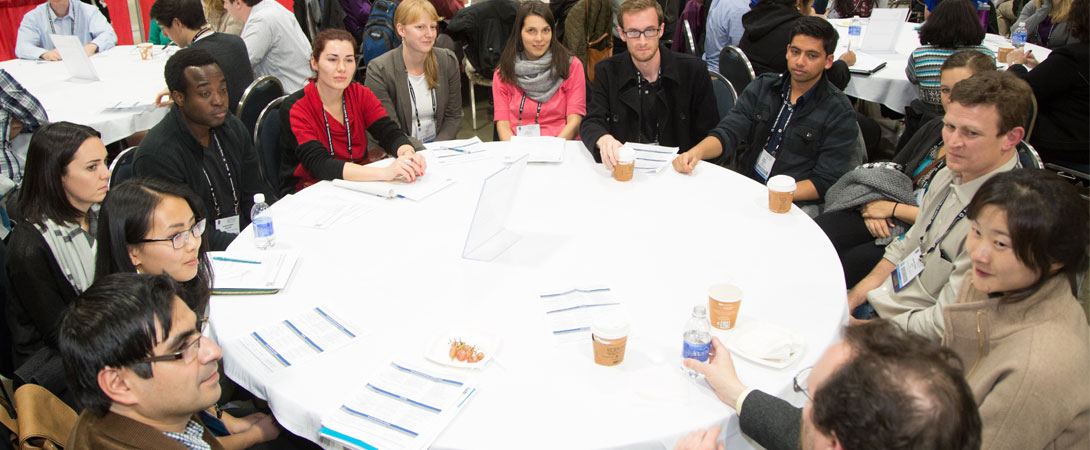Collections
This collection explores the diverse professional paths within neuroscience through expert interviews that reveal the skills, education, and experiences needed to succeed in the field.
Engage in conversations on topics ranging from new Neuronline articles or webinars to discussions of the latest trends in the neuroscience community.
-
Learn about the hottest topics in neuroscience directly from the field’s leading experts in these Presidential Special Lecture recordings from past SfN annual meetings. -
Discover tips for navigating SfN’s annual meeting in this collection of resources.
-
Learn how to effectively mentor diverse students, find new mentors, navigate difficult conversations, and more.
-
Institutions and faculty can stay up-to-date on innovations and best practices in higher education and neuroscience training through this collection of resources.
-
This collection explores the diverse professional paths within neuroscience through expert interviews that reveal the skills, education, and experiences needed to succeed in the field.
-
Engage in conversations on topics ranging from new Neuronline articles or webinars to discussions of the latest trends in the neuroscience community.
-
This interview series highlights the career paths and scientific accomplishments of women at the forefront of historically male-dominated fields including neuroscience, engineering, and technology.
Many of these fields are increasingly intertwining and becoming relevant to the advancement of our collective scientific knowledge.
The articles in this series provide role models for women considering careers in these areas of research.
-
History of SfN: 50th Anniversary is a limited series podcast highlighting stories from the history of the Society for Neuroscience.
-
Contribute to a large-scale effort to increase awareness about issues facing women in academia.
-
The Latin American Training Program videos and webinars include professional development and neuroscience-related topics.
-
Welcome to the SfN Leadership Development Series page. These resources are designed to increase knowledge of transferable leadership skills and awareness of leadership perspectives that help neuroscientists at early career stages and beyond. Explore this digital collection to deepen your knowledge in areas such as communication challenges, management training, and cultural awareness, and gain insights from personal leadership stories shared by experienced leaders in the field. The series is currently supported by SfN and the Grass Foundation.
-
The Learning Initiative in Neuroscience is a collection of resources and materials related by scientific topic.
-
Get a personal glimpse into the careers and mindsets of leading scientists who are solving complex challenges and navigating evolving field opportunities.
-
On Neuro Current, we delve into the stories and conversations surrounding research published in the journals of the Society for Neuroscience.
-
Neurobiology of Disease Workshops (NDWs) explore specific diseases from clinical and basic science perspectives.
-
The Neuroscience Scholars Program videos and webinars include professional development and neuroscience-related topics.
-
These are the stories of five retired neuroscientists who built a life’s work through scientific discovery and personal connection.
-
For three days, Scholars and Alumni of SfN’s Neuroscience Scholars Program (NSP), led by co-directors Gina Poe and Eduardo Rosa-Molinar, discussed identity and leadership, changing culture, grant writing, and more, while creating additional opportunities for professional development, networking, and community building.
-
Publishing in science involves writing and authorship, journal selection and submission, and peer review.
-
What does it mean to conduct rigorous science?
-
Revisit SfN annual meeting programming you enjoyed or missed year-round.
-
Chapters further SfN’s mission at the community level by providing opportunities for neuroscientists to network, educate communities about neuroscience, and engage in local advocacy. Learn about the range of activities that chapters take on throughout the year, how to start your own chapter, and other useful advice in this collection.
-
-
Welcome to SfN’s Optogenetics Training Series, where you can advance your understanding of how to optimize optogenetics techniques in your research.
-
Welcome to SfN’s Training Series: Stem Cells and Reprogramming Methods for Neuroscience. These resources will help advance your understanding of how to generate neural subtypes using stem cells or other reprogramming tools to solve a question in neuroscience.
-
This series features underrepresented scientists pursuing careers in STEM fields.
Scientists share examples of challenges caused by being underrepresented in their fields and advice for overcoming them.
-
When scientists advocate for increased research funding and other priorities, it makes a difference — and getting started is simple.
-
Welcome to "Think Alike?", a podcast series from Neuronline that delves into the art and science of mentorship within the neuroscience community. Submit a nomination or question to the podcast today.
-
What type of training can best support the next generation of neuroscientists and continue the field’s evolution? This question is being asked and addressed around the world by labs, programs, government agencies, and societies such as SfN.




